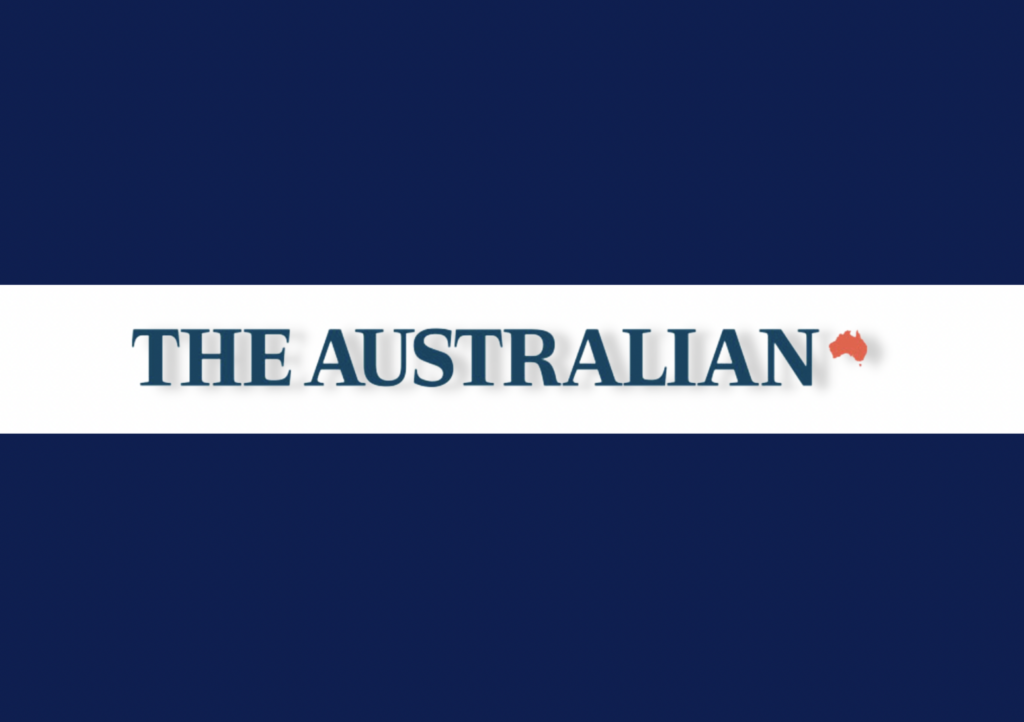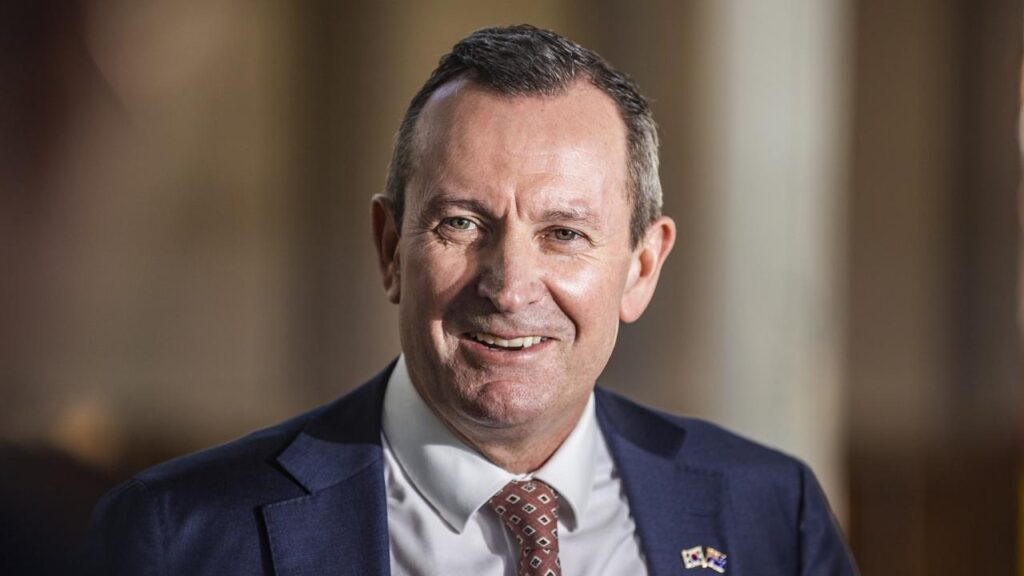
Article by Paul Garvey courtesy of the Australian.

Western Australia’s latest multibillion-dollar budget surplus is expected to result in power bill relief for the state’s taxpayers and a reignition of the national debate around its share of the GST.
WA Premier and Treasurer Mark McGowan will hand down the state’s budget on Thursday, with stronger-than-forecast iron ore prices and a larger share of GST revenues expected to drive WA’s operating surplus to as high as $4bn.
Mr McGowan on Sunday confirmed there would be some cost of living relief, with the state’s own measures designed to accompany steps to be announced in Tuesday’s federal budget.
The state has previously used power bill credits to provide relief to households and distribute some of the windfall from the state’s booming iron ore industry. A credit of $600 in 2021 was followed by a $400 credit last year.
“We’ve been managing the finances properly over the last six years, we got the state back to surplus, and that gives us the capacity to make cost of living a real focus in the budget,” Mr McGowan said.
WA had originally forecast a $1.6bn operating surplus for this financial year, but that was upgraded to an expected $1.8bn in December’s mid-year update. Iron ore prices, however, have continued to hold well above projected levels and the opposition believes the final surplus could reach as much as $4bn. Such a result would take the total operating surpluses of the past three years to about $16bn. WA is the only state running a budget surplus.
Mr McGowan has already announced new spending commitments for social housing and the state’s hospitals.
Opposition Treasury spokesman Steve Thomas said WA taxpayers were entitled to ask if they were benefiting sufficiently from the iron ore-driven windfall of the past few years.
“The people of Western Australia are not getting the level of service in all of those other areas that they should be,” he said. “You shouldn’t have this mountain of wealth and still have problems in health, in education, and particularly in law and justice.
“All of those areas where this government should be performing at a particularly high level, they’re barely getting a pass mark, and in some cases, they’re failing, and that should not be occurring with the level of wealth that this state has.”
The latest big surplus out of the west will provide further ammunition for Mr McGowan’s fellow Labor premiers and treasurers in other states. Both NSW and Victoria have previously queried whether the GST floor put in place by the Turnbull government – which guaranteed WA would retain at least 70c in every dollar of GST revenue it generates – should be maintained.
Mr McGowan cited the threat of changes to the GST when he named himself Treasurer in 2021, and has committed $1.6m in the budget to fund three more Treasury workers who will be dedicated to trying to preserve the current system.
“Mark McGowan is making it harder, not easier, to argue that WA should retain its GST by flashing around his wealth and massive surpluses and waving it in the face of eastern states and claiming some sort of credit for it, when the reality is that he has been the beneficiary of an iron ore resources boom unparalleled in our history,” Mr Thomas said.
Aaron Morey, the chief economist at the Chamber of Commerce and Industry of WA, said that prior to the introduction of the GST floor, states were effectively being penalised for letting their mining and oil and gas industries grow.
“The most important thing to remember is it was reformed in the national interest, it was reformed because it incentivises states to develop their economies and their resources,” Mr Morey told The Australian.